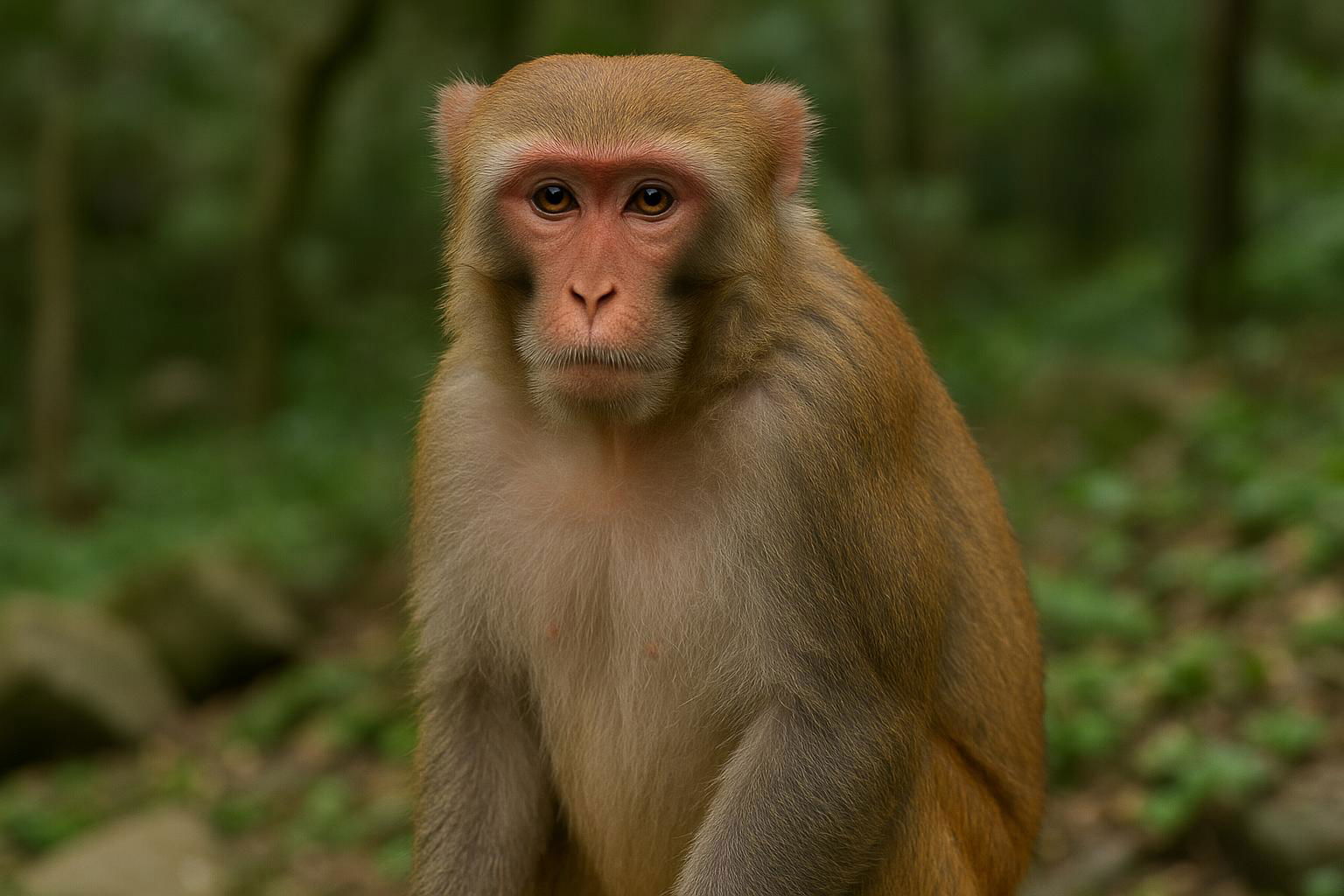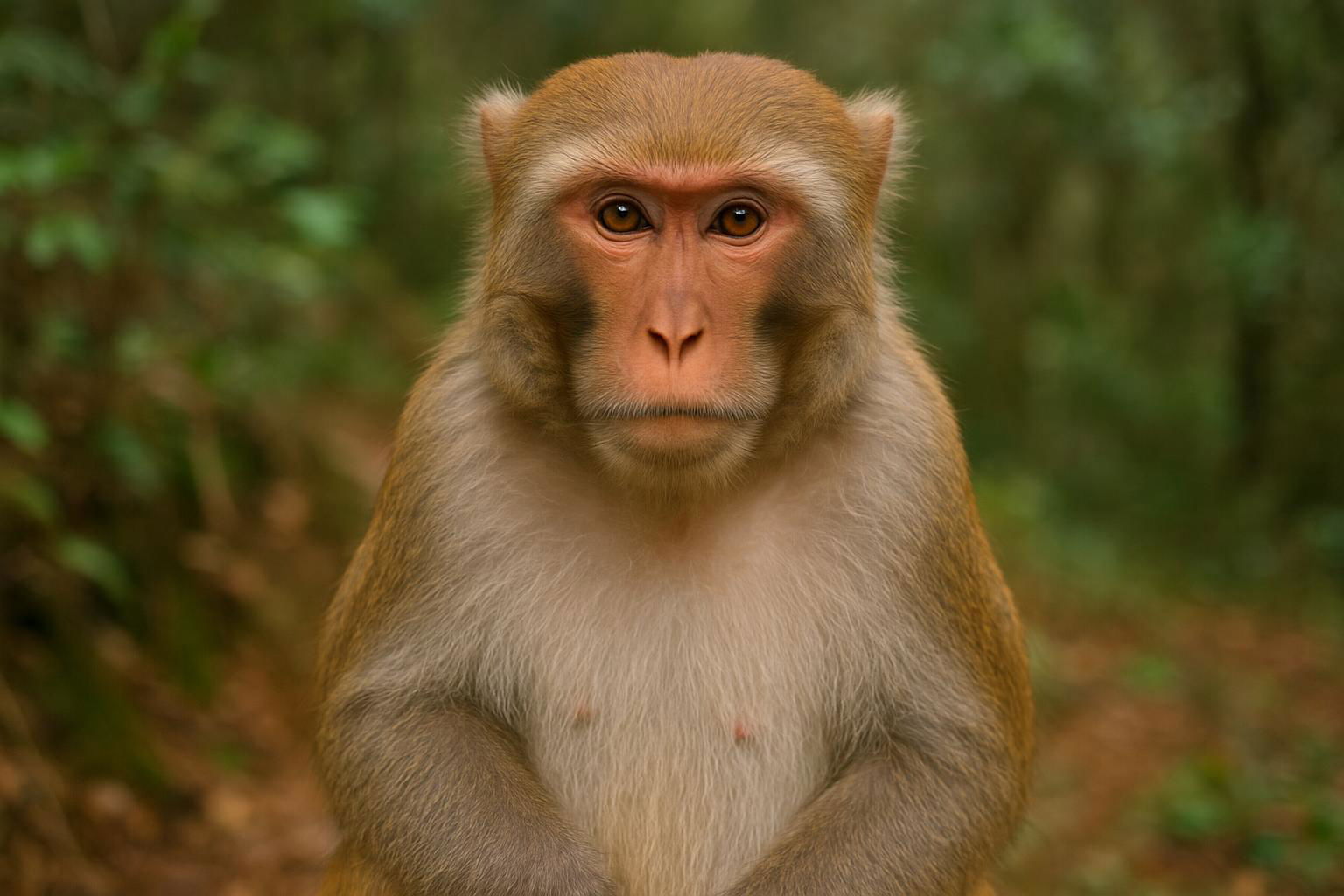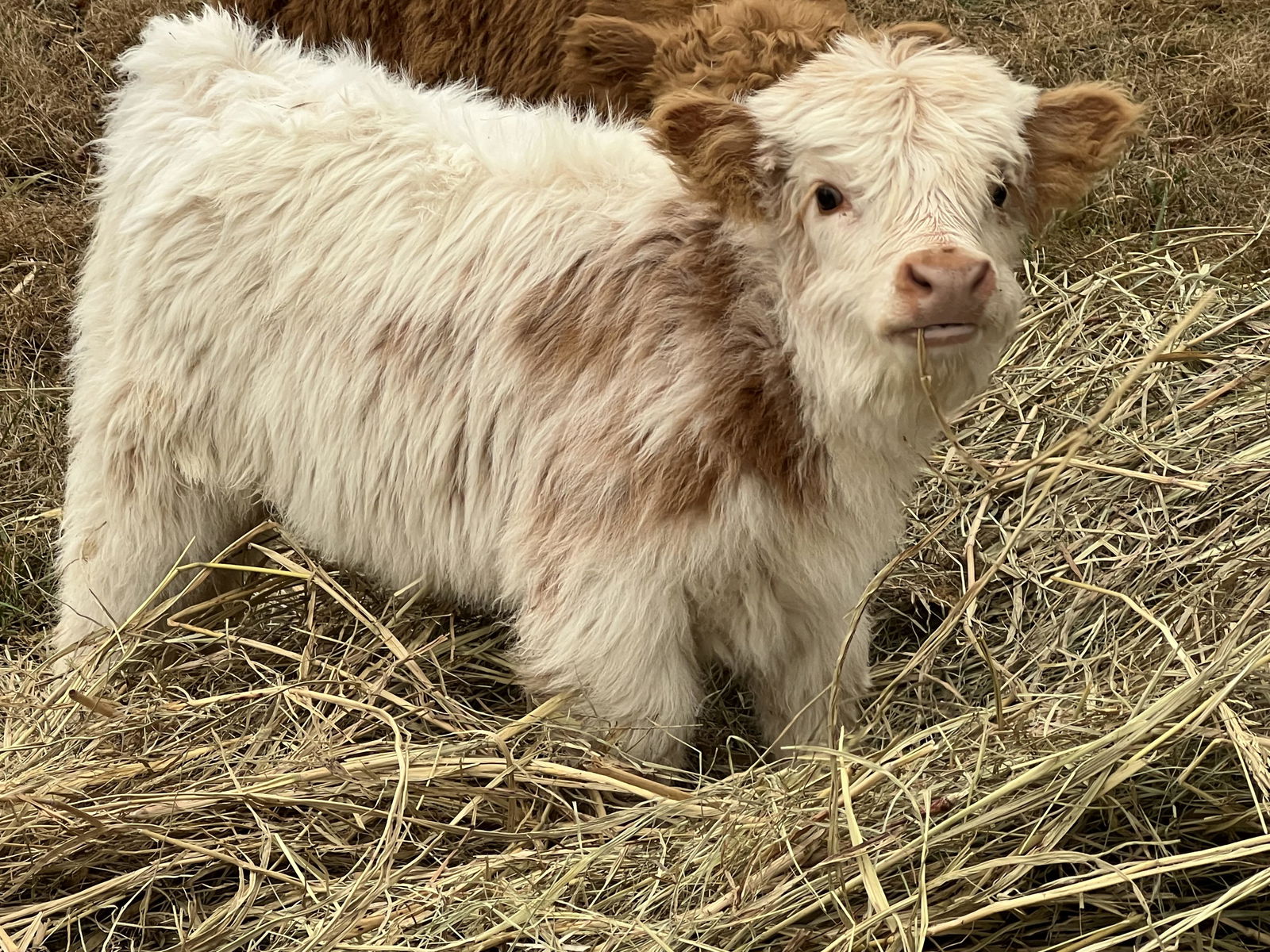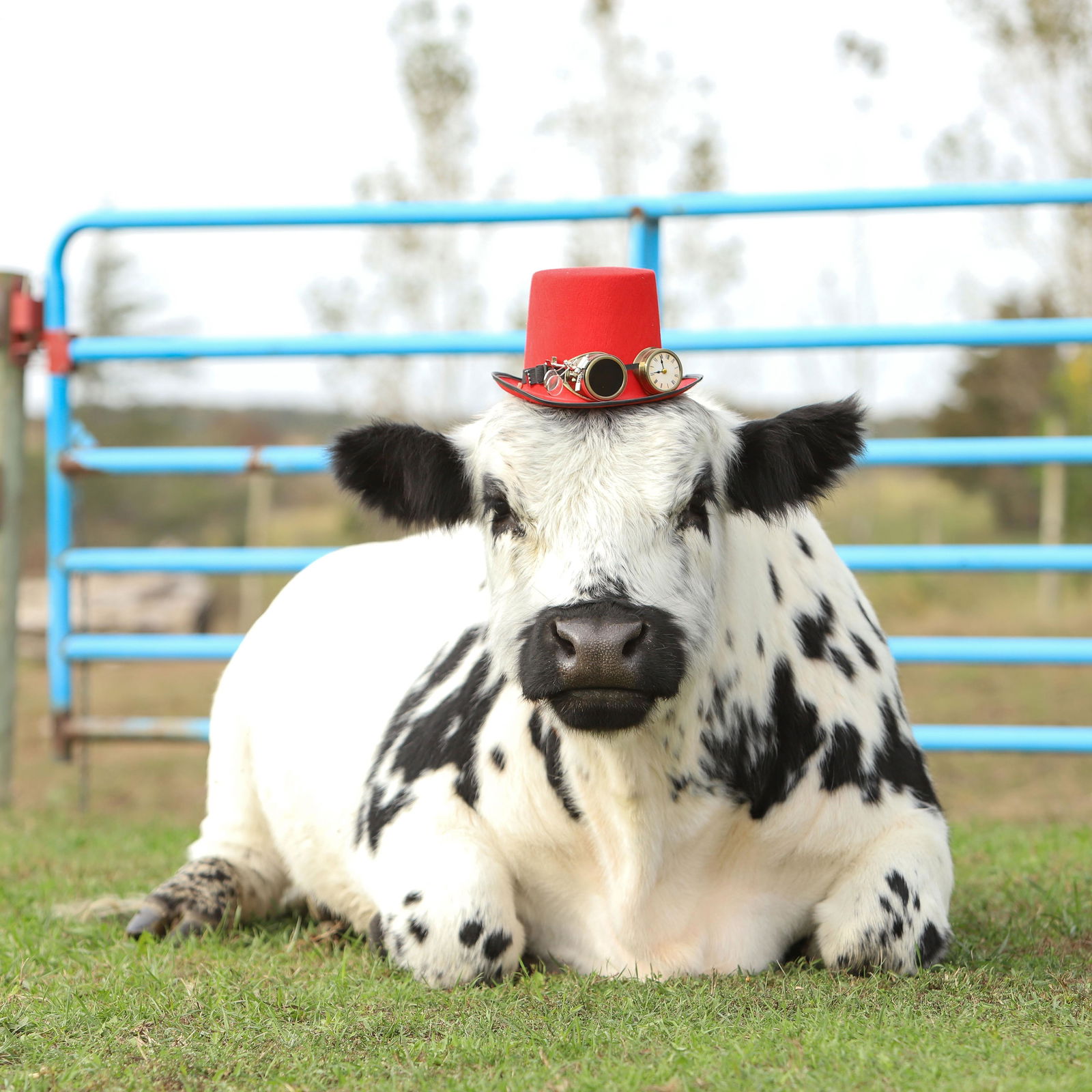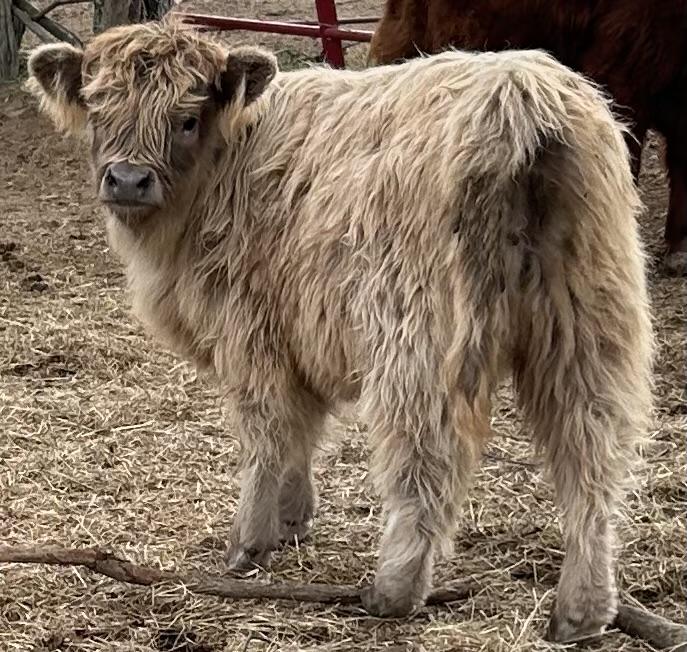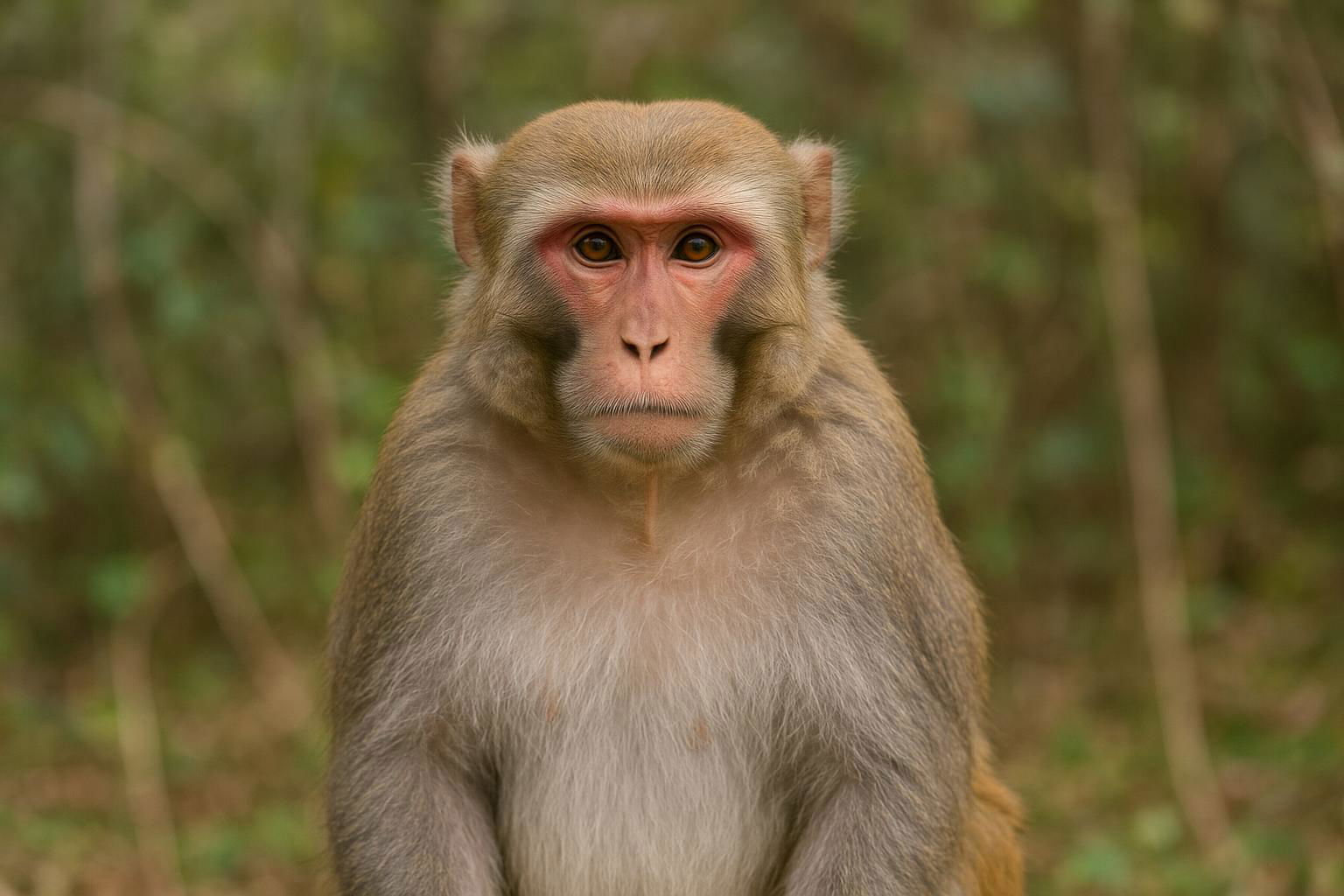
Rhesus Macaque
Macaca mulatta
The Rhesus Macaque (Macaca mulatta) is a highly adaptable and widely distributed species of Old World monkey that is native to South, Central, and Southeast Asia. These medium-sized primates boast a robust and agile build, typically weighing between 6 to 11 kilograms (13 to 24 pounds) and measuring about 47 to 53 centimeters (19 to 21 inches) in body length, excluding their slightly shorter tails. Their fur is a soft, warm brown with a notably lighter underbelly, and their expressive faces are pink and nearly hairless, contributing to their distinctive appearance.
Rhesus Macaques are known for their exceptional adaptability to a variety of environments, thriving in habitats ranging from forested areas to urban settings. A highly social species, they live in troops that are structured by complex social hierarchies dominated by females, playing a crucial role in their social organization and continuity.
These primates are omnivorous, with a diet consisting mainly of fruits, seeds, roots, and various plants, but they also consume insects, small animals, and human food sources when available. Rhesus Macaques are intelligent and exhibit a remarkable capability for learning and problem-solving, traits that have made them invaluable in scientific and medical research, particularly in the fields of social behavior, neuroscience, and pharmacology.
Highly adaptable and resilient, the Rhesus Macaque is classified as a species of Least Concern by the IUCN, although certain populations face threats from habitat destruction and human-wildlife conflict. Their significance in both ecological roles and scientific research underscores the importance of conservation efforts to ensure their continued survival.

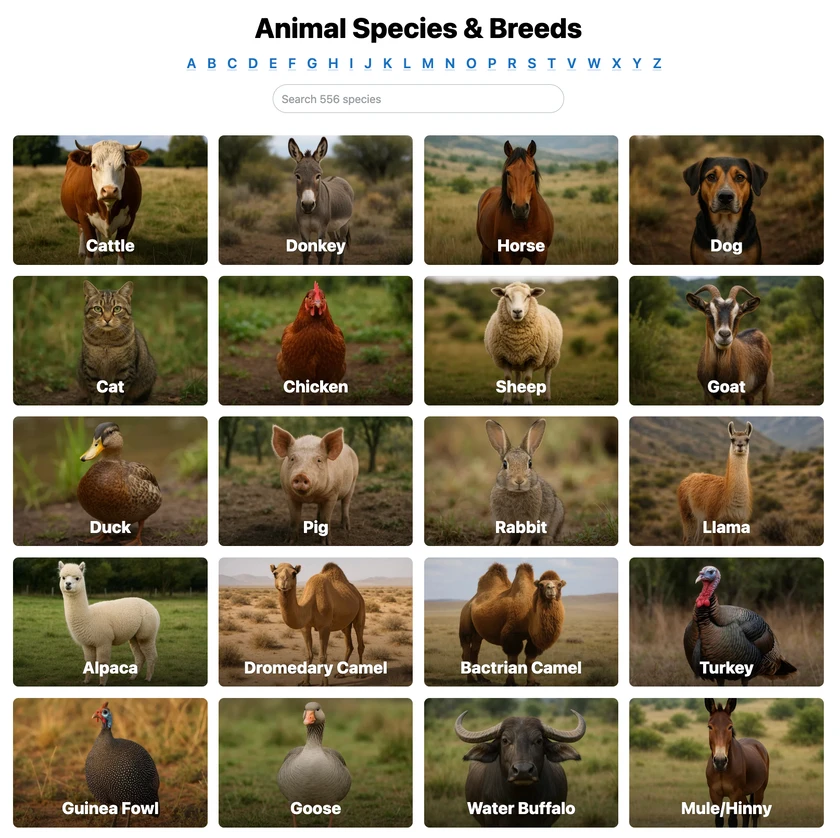 All Species & Breeds
All Species & Breeds
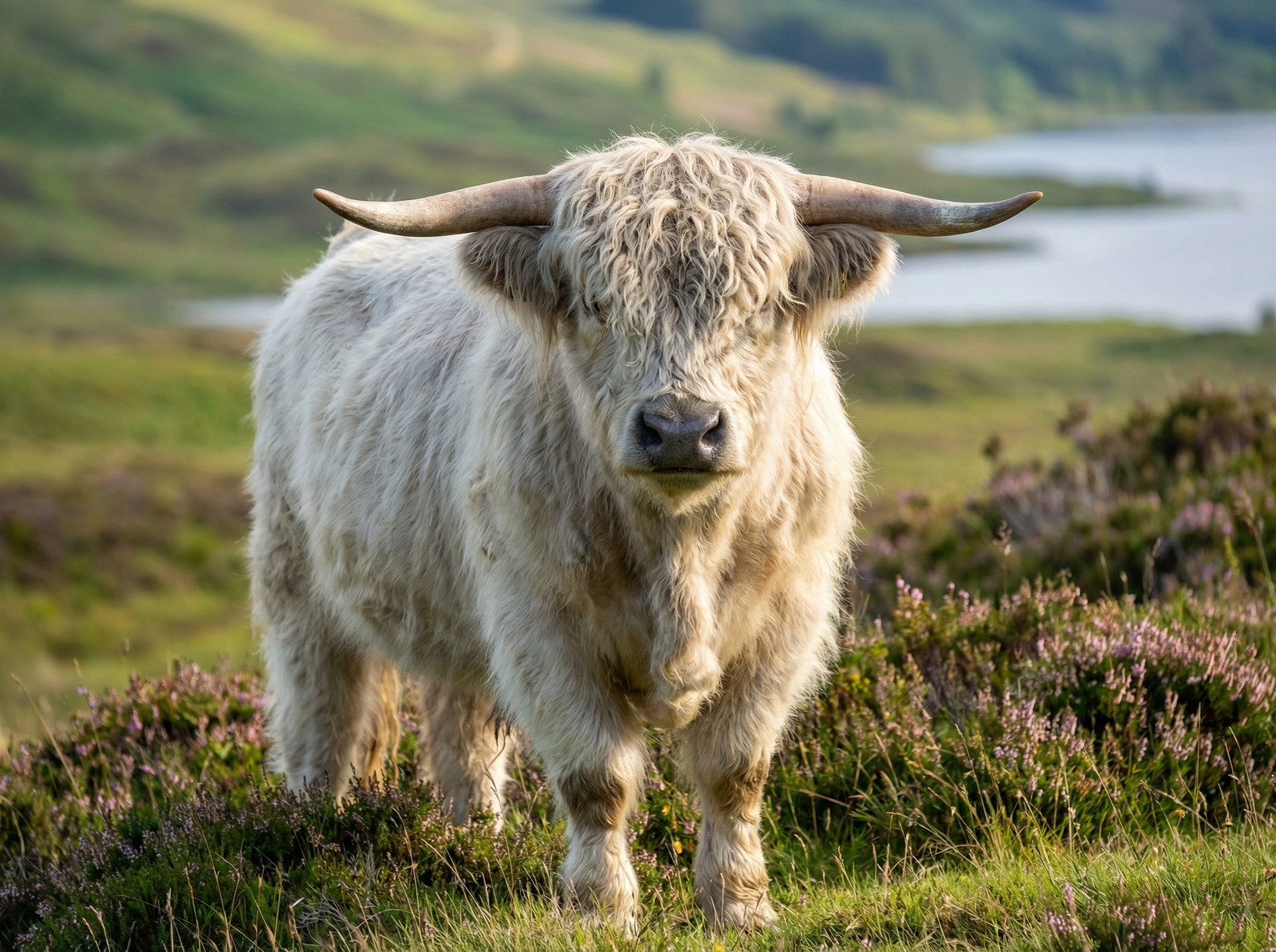 Highland Cattle
Highland Cattle
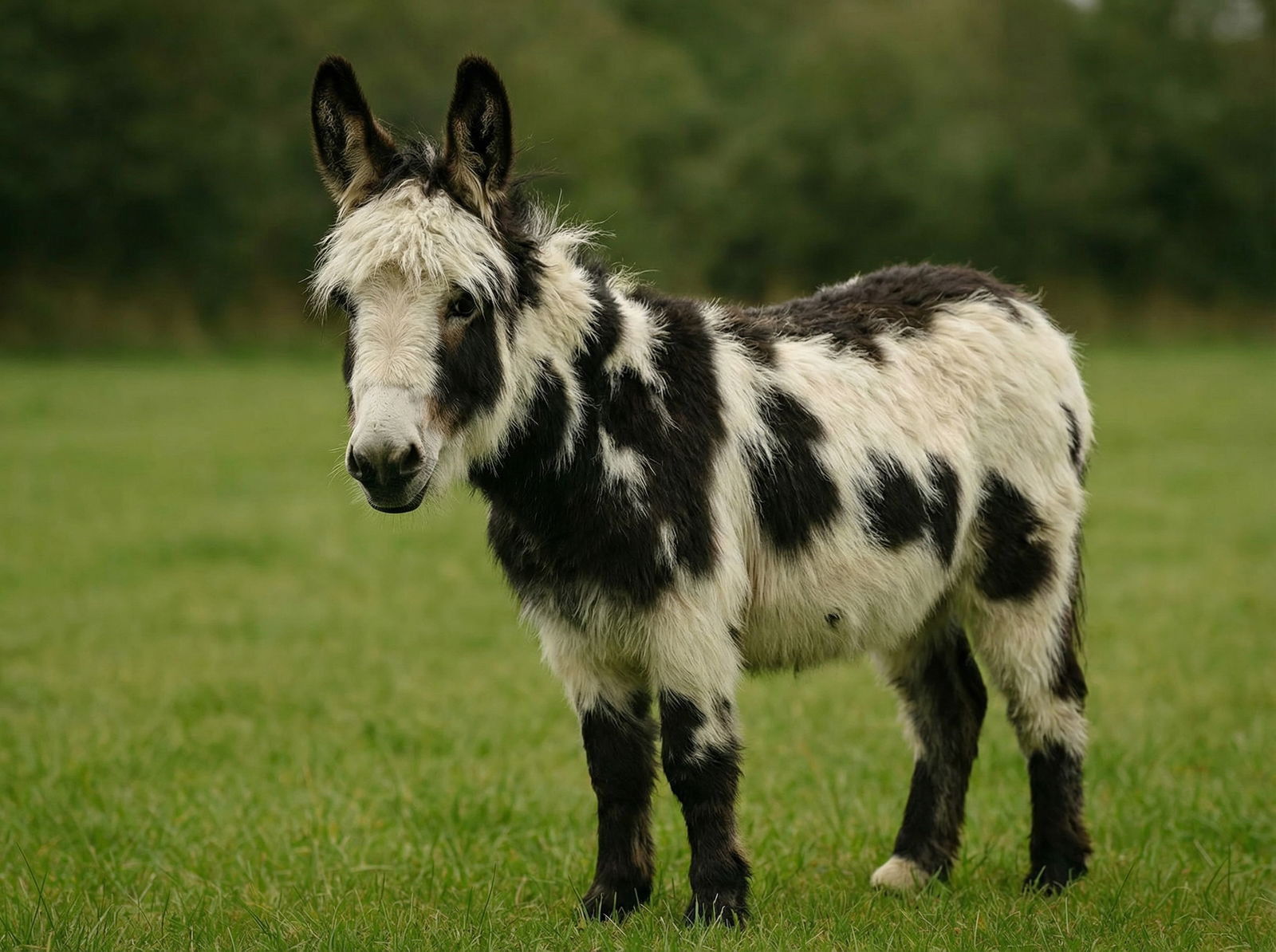 Miniature Donkeys
Miniature Donkeys
 All Species Directory
All Species Directory
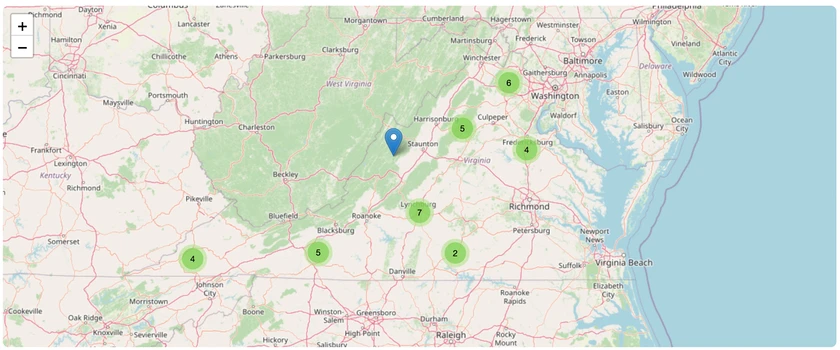 Highland Cattle in Virginia
Highland Cattle in Virginia
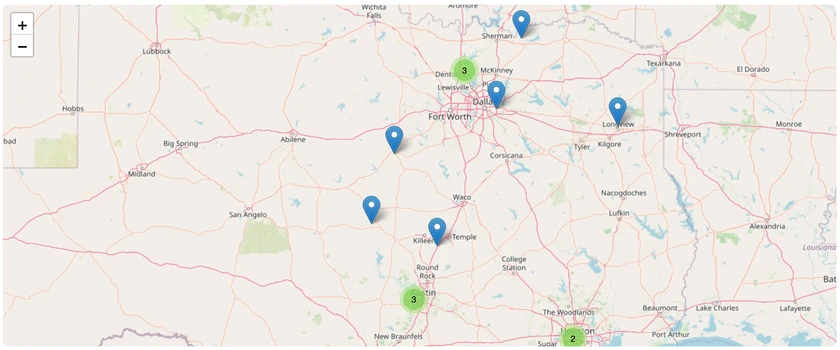 Miniature Donkeys in Texas
Miniature Donkeys in Texas
